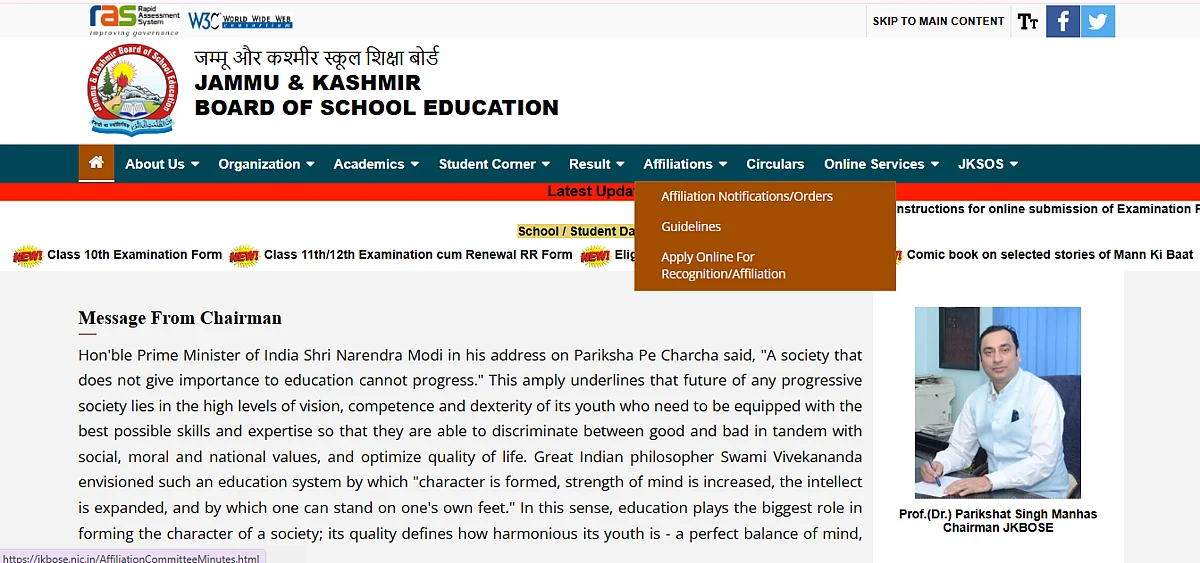One wonders where those etiquette columns have gone, which almost all newspapers in the past used to carry. Instead of those etiquette columns of yore, agony aunts grace all magazines and broadsheets. I have no gripe against agony aunt columns, but I’m of the opinion that there should be at least a monthly column about social etiquette and frequent occurrence of faux pas and gaffes in all magazines and newspapers.
The French adage that “Etiquette is one’s ticket to the auditorium of life” is an apt compliment to the great importance of etiquette or social graces, in the modern context. Etiquette is not just saying hi, hello, thanks and sorry with monotonous continuity. It’s beyond all these mere words of perfunctoriness. And today, it has a much bigger ambit as it also encompasses internet and cellphone etiquette, something that is lacking in most of us. Man is a social animal and he has to live in a society. So long as we live amidst people of all hues, we must be careful not just about our appearance but also of our attitude, demeanour and behaviour towards them. Long ago, a reader wrote to an etiquette expert in The Reader's Digest saying that he was good-looking, with a great sense of humour, and struck up conversations with people, even strangers, in no time. Yet, people seemed to avoid him after a period. The expert opined that people didn't like those who tried to hog the limelight, spoke incessantly and were too assertive.
This is a great lesson in social etiquette. A person shouldn’t try too consciously to leave his/her impression on others at the very first meeting. As I have stated, etiquette is not just being able to speak well and act in an anglicised manner. Etiquette is the sum total of a person’s personality, precisely his/ her persona. It’s not etiquette to speak only in English despite having knowledge of Hindi, in a get-together where the common language is Hindi. On this count, one can learn something from Amitabh Bachchan. You question him in Hindi and he’ll answer in impeccable Hindi, unlike other actors who act in Hindi films but converse in put-on English. Here, Amitabh’s considerate behaviour is his etiquette. It’s his humility. And what is etiquette, if not humbleness? In this age of gender equality, one will certainly not call chivalry to be etiquette. It’s too theatrical and pompous. But to be nice (not extra nice) to women is indeed etiquette. It’s against etiquette trying to be on back-slapping (pun intended) terms with a woman, however close she may be. A former supercop will vouch for that after his deliberate faux pas when he patted his female counterpart’s ample derriere in an inebriated state. Whom you should and should not address by name is etiquette. Nowadays, anyone calls anyone by his/her name. We call it modern etiquette. Rubbish!! Someone said, “Austra-Americans and today’s call-centre as well as corporate professionals call people by name, but the true-blue refined people steeped in social etiquette see to it who is older and who is younger before addressing a person.” A senior person must never be addressed by his/her name. This is flippancy and against all norms of acceptable good behaviour and etiquette. Mr/Mrs are the most dignified universal honorifics that must be used while addressing a person older than you by a decade or more. To avoid addressing any known or unknown person as “uncle/aunt” is also counted among good manners. This shows one’s maturity and sagacious avoidance of cloying familiarity. Because too much familiarity often breeds contempt (and also children!).
Readers perhaps know why Urdu-Persian culture puts so much emphasis on “aap” and “shuma” (Persain for “aap”). Because so long as you call someone using “aap”, you maintain decorum, etiquette and don't allow unnecessary closeness or familiarity. Refined language is integral to the cultural etiquette of Urdu and Persian speaking people. By the way, etiquette also encompasses proper public and political behaviour. Today’s loud and megalomaniac leaders and politicians are badly in need of political and parliamentary etiquette. Not condemning political leaders of yore and also not making fun of them in public should also be deemed as good etiquette. Good manners and etiquette produce responsible individuals, not people like the Porsche-driving obscenely rich and mannerless “minor” in Poona whose erratic driving in the wee hours snuffed out two lives. Interestingly, etiquette and ethics have similar etymological roots and semantic ethos. So, it’s not wide of the mark to call etiquette the “ethics of life”.
Sumit Paul is a regular contributor to the world’s premier publications and portals in several languages










